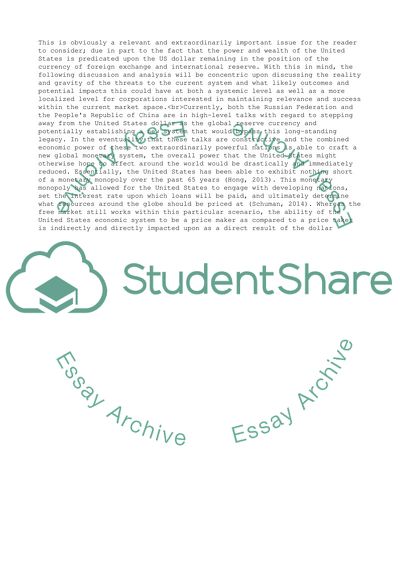Cite this document
(“International Business: Foreign Exchange Essay Example | Topics and Well Written Essays - 1250 words”, n.d.)
International Business: Foreign Exchange Essay Example | Topics and Well Written Essays - 1250 words. Retrieved from https://studentshare.org/business/1665118-international-business-foreign-exchange
International Business: Foreign Exchange Essay Example | Topics and Well Written Essays - 1250 words. Retrieved from https://studentshare.org/business/1665118-international-business-foreign-exchange
(International Business: Foreign Exchange Essay Example | Topics and Well Written Essays - 1250 Words)
International Business: Foreign Exchange Essay Example | Topics and Well Written Essays - 1250 Words. https://studentshare.org/business/1665118-international-business-foreign-exchange.
International Business: Foreign Exchange Essay Example | Topics and Well Written Essays - 1250 Words. https://studentshare.org/business/1665118-international-business-foreign-exchange.
“International Business: Foreign Exchange Essay Example | Topics and Well Written Essays - 1250 Words”, n.d. https://studentshare.org/business/1665118-international-business-foreign-exchange.


